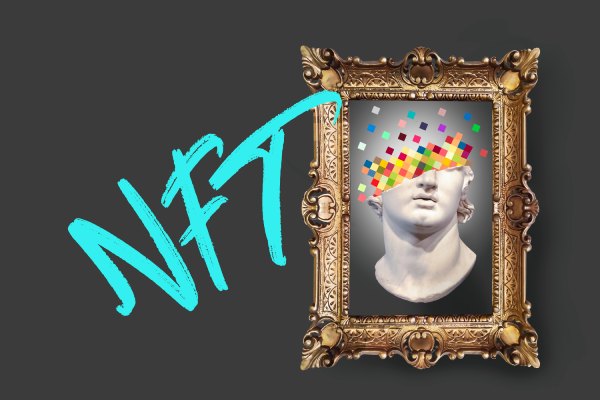
Bitcoin blasts off again predictions for 2025 hit crazy levels
Bitcoin’s Resurgence: Why 2025 Could Be a Game-Changer Bitcoin has been one of the most watched assets over the last

Web3, also known as the decentralized web, is the next generation of the internet that aims to bring more decentralization, security, and privacy to the online world. It is based on a set of technologies and protocols that enable users to interact with decentralized applications (dApps) and store data on a decentralized network.
One of the main features of Web3 is its use of blockchain technology, which allows for secure and transparent record-keeping without the need for a central authority. This means that users can interact with dApps and store data on a decentralized network without having to rely on a single company or organization to manage and control the data.
Web3 also utilizes smart contracts, which are self-executing contracts with the terms of the agreement between buyer and seller being directly written into lines of code. These contracts can be used to facilitate, verify, and enforce the negotiation or performance of a contract.
Another key aspect of Web3 is the use of decentralized finance (DeFi), which is a financial system that operates on a decentralized network using smart contracts. DeFi allows users to access financial services such as borrowing, lending, and exchanging cryptocurrencies without the need for traditional financial institutions.
Web3 also includes protocols such as InterPlanetary File System (IPFS) and Peer-to-Peer (P2P) networking, which enable users to store and share data in a decentralized manner. IPFS is a protocol for sharing and storing files on a distributed network, while P2P networking allows users to connect directly with each other without the need for a central server.
One of the main benefits of Web3 is that it allows for greater control and ownership over data. In the current web (Web2), data is often controlled and owned by large companies, and users have little control over how their data is used. In contrast, Web3 enables users to own and control their own data, giving them greater control over their online privacy and security.
Web3 also has the potential to bring greater accessibility and inclusion to the online world. For example, DeFi allows users to access financial services without requiring a bank account or credit score, which can be especially beneficial for individuals in developing countries or those who are unbanked.
Web3 also has the potential to disrupt traditional industries and business models, such as the financial and advertising sectors. For example, DeFi could potentially disrupt traditional banks and financial institutions, while decentralized advertising networks could disrupt traditional advertising models by cutting out intermediaries and allowing advertisers to directly connect with consumers.
Overall, Web3 represents a shift towards a more decentralized and secure internet that gives users greater control and ownership over their data and online interactions. While it is still in its early stages, Web3 has the potential to bring significant changes to the way we use and interact with the internet.

Bitcoin’s Resurgence: Why 2025 Could Be a Game-Changer Bitcoin has been one of the most watched assets over the last

A non-fungible token (NFT) is a unique digital asset that represents ownership of a one-of-a-kind item or piece of content.
© Fabmining – 2025
Join us for discounts, exclusive content, early access and more!
© Fabmining – 2025